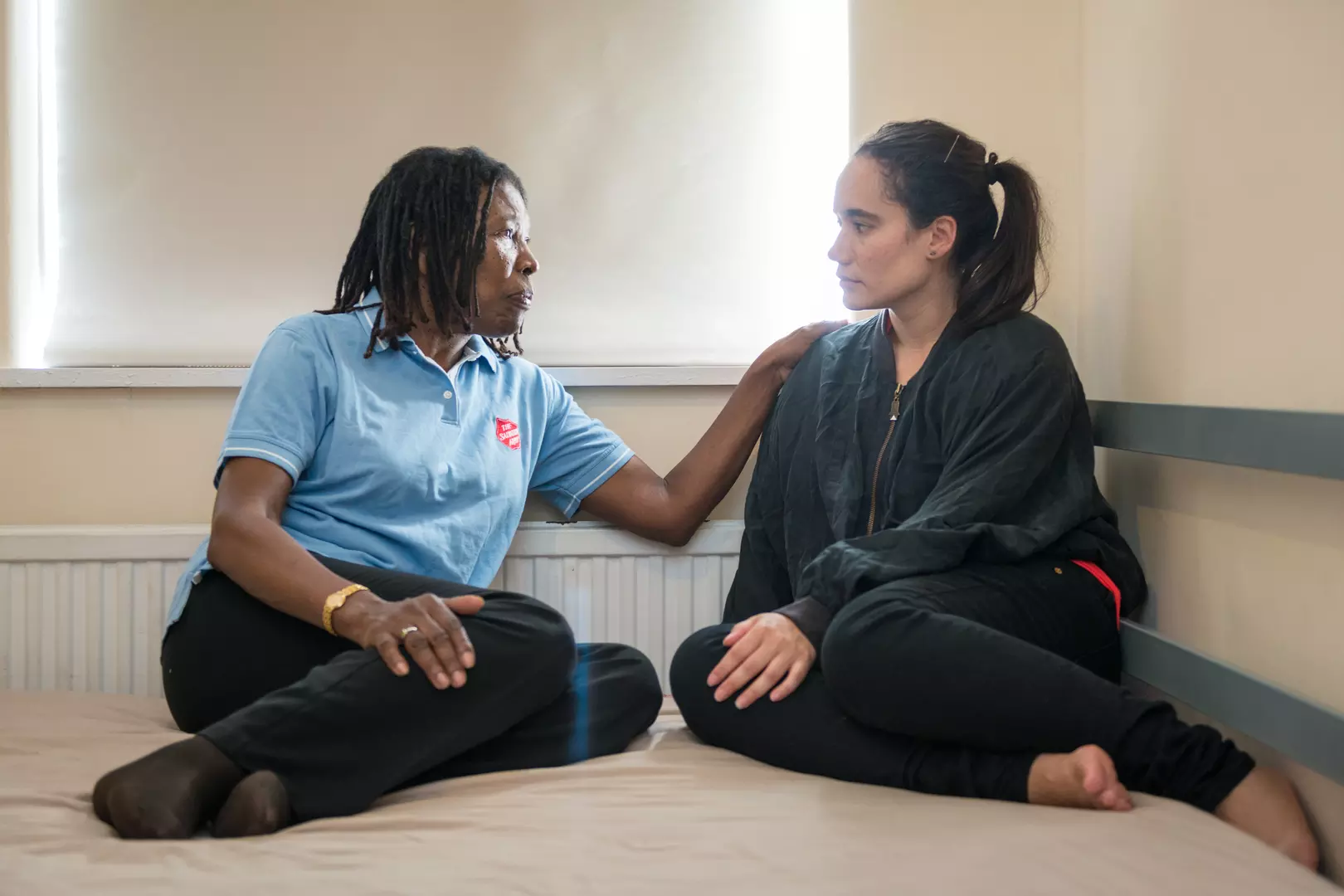Concerning trends in identification of modern slavery victims
published on 8 Nov 2024
The latest statistics from the National Referral Mechanism (NRM) for the period from July to September 2024 reveal troubling trends in the identification of potential victims of modern slavery.
The Salvation Army is concerned that record numbers of people are turning down the opportunity to be referred to specialist support to recover by choosing not to enter the Government system for identifying, protecting and supporting victims, known as the National Referral Mechanism (NRM).
In response, The Salvation Army is calling for mandatory and accredited training for all First Responder organisations. These are bodies with a duty to identify potential victims and share their experiences of exploitation with Government decision-makers who are responsible for determining whether someone is officially recognised as a potential victim of modern slavery and entitled to life-transforming support to aid their recovery.
The NRM statistics tell us how many people have been identified as potential victims of modern slavery and the types of exploitation they faced. Through a Government contract, The Salvation Army and its partners deliver comprehensive support to all adult victims of modern slavery in England and Wales who have been referred through the NRM.
Major Kathy Betteridge, Director of Anti Trafficking and Modern Slavery for The Salvation Army said:
"We are concerned by the growing gulf between the number of survivors identified and those who go on to access the specialist support services available to them. We recently reported a downturn in the past year* in the number of survivors of modern slavery accessing Government specialist support which The Salvation Army delivers through the National Referral Mechanism (NRM), the Government’s system for identifying and supporting potential victims of modern slavery.
“The increase in people who do not consent to enter the NRM reported in figures released today raises questions once more about the effectiveness of all First Responders, particularly statutory bodies such as local authorities, and the adequacy of their training. Without proper understanding and trauma-informed care from First Responders, potential victims may be deterred from seeking the life-saving support they need and remain fearful of contact with authorities, driving them back into the hands of traffickers.
“At the same time, we are disheartened to learn that during July to September 2024 the lowest proportion of positive reasonable grounds decisions were made in a quarter since the NRM began, meaning fewer people were deemed to have been victims of modern slavery and therefore eligible for help to recover. This underscores our call for mandatory and accredited training for all First Responders to ensure they can build trust with victims to help them share their experience of exploitation. This means the authorities who ultimately decide whether an individual is able to access support have the information they need.
“We remain worried that as well as fewer people unable to access vital support, many more remain trapped in exploitation, too fearful to come forward because they can’t trust they will be treated as victims of crime. Meanwhile this vile trade in human life is still prevalent in the UK today.
“We are encouraged by the Home Office’s recent pledge to employ 200 new decision makers to speed up the time survivors are left waiting for a decision on their case. We hope more measures are introduced to continue to prioritise the identification and safeguarding of modern slavery survivors over immigration enforcement."
*July 2023 – June 2024

